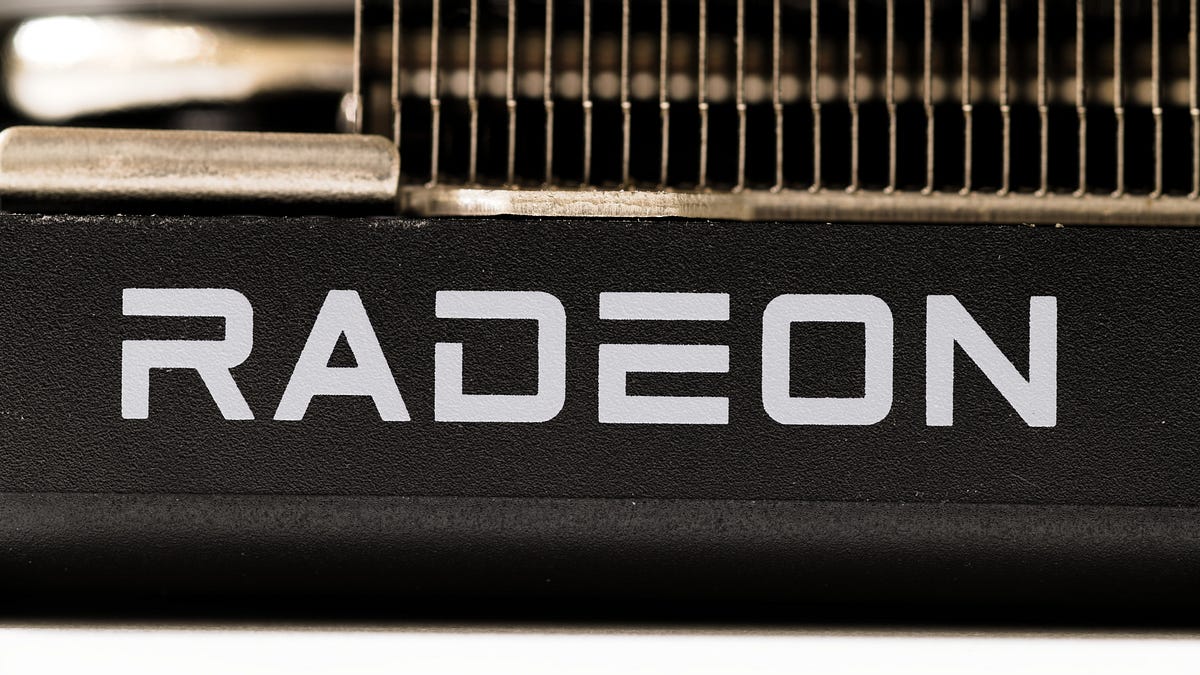A South Korean media outlet reports Apple's M5 chip has entered mass production. It is expected to debut alongside a new iPad Pro later this year.

www.notebookcheck.net
Here's a Google translation of Notebookcheck's Korean source, Kwon Dong-Jun of etnews (
https://www.etnews.com/20250205000198 ):
Apple M5 mass production begins… ‘AI performance upgraded with new process’
Apple has started mass production of the next-generation semiconductor chip, the 'M5'. It is a semiconductor that is installed in Apple's core products such as the Mac series and iPad. It has been found that Apple has introduced a new process technology to enhance artificial intelligence (AI) performance.
According to the industry on the 5th, Apple has been found to have started packaging the M5 chip since last month. Packaging is the work of protecting the semiconductor chip (die) and enabling electrical connection with other devices or parts. Apple entrusted the full-process production of implementing the M5 chip circuit to Taiwan's TSMC, which means that the semiconductor chip has been produced and the packaging company (O SA T) has started making it into a final finished product.
The Apple M5 chip packaging is handled by Taiwan's ASE, the US' Amkor, and China's JCET. The first mass production was started by ASE, and Amkor and JCET's mass production will also be carried out sequentially. The initial production product is known to be the M5 general model. The M5 is divided into general, pro, max, and ultra depending on performance and application. It is reported that major OSAT companies are currently investing in additional facilities for mass production of high-end M5 models such as Pro, Max, and Ultra.
An industry insider familiar with the matter said, “Orders for equipment to expand M5 mass production are continuously being placed,” and predicted, “As full-scale production has begun, it will be sequentially installed in Apple devices to be released in the future.” The next iPad Pro is likely to be the first to be installed.
The M5 is evaluated as a semiconductor that Apple has targeted for the AI market. This is because Apple has been strengthening its response to AI since last year.
First of all, the entire process utilized TSMC’s 3nm process (N3P). Power efficiency has improved by 5-10% and performance by 5% compared to the previous process (M4).
It is reported that the M5 Pro product will use the TSMC SoIC-MH packaging process. This is a method of vertically stacking semiconductor chips. This is expected to further improve heat control and performance.
Vertical stacking uses hybrid bonding to directly connect wafers or chips with copper, and it is known that the Netherlands’ Besi equipment was used.
Femtosecond laser technology was first applied to M5 chip cutting (grooving). The laser at intervals of 1/1000 trillionth of a second minimized damage and contamination of semiconductors. It is analyzed that this is for securing quality and improving yield. It has been confirmed that the femtosecond grooving equipment is supplied by EOTECHNICS.
There has also been a change to the semiconductor substrate on which the M5 chip will be mounted on the device’s main board. The performance of ABF (Ajinomoto Build-up Film), an insulating and adhesive used when stacking circuit layers on the substrate, has been significantly improved. Ajinomoto, the exclusive supplier of ABF, plans to supply the next-generation ABF that is thinner and allows for large-area stacking for the manufacturing of M5 chip substrates. An industry insider commented, “It will be possible to stack more circuit layers, which will enable higher performance.”
The substrate manufacturing will be handled by Taiwan Unimicron and Samsung Electro-Mechanics. Investments in facilities are being made to enable mass production of substrates in line with the mass production (ramp-up) schedule.
Reporter Kwon Dong-Jun
djkwon@etnews.com





